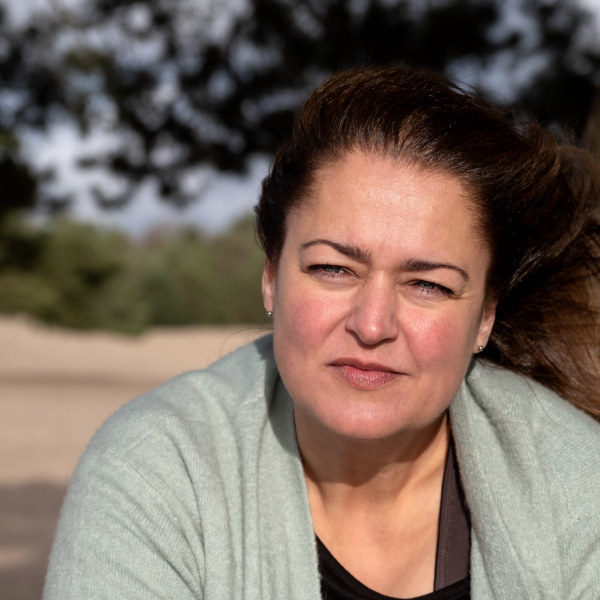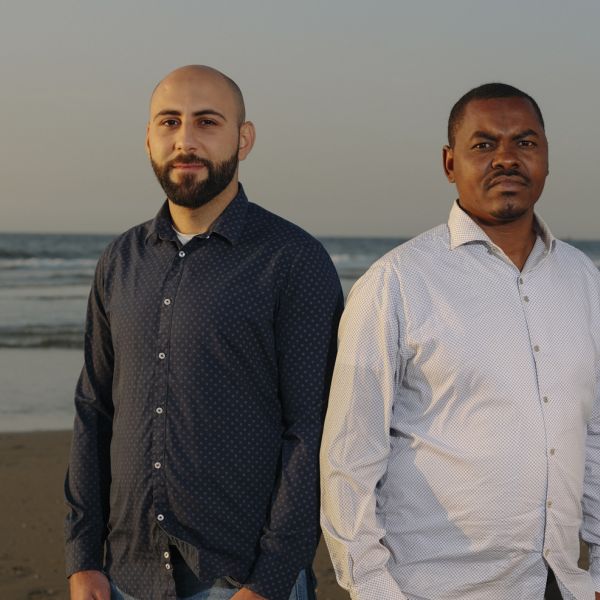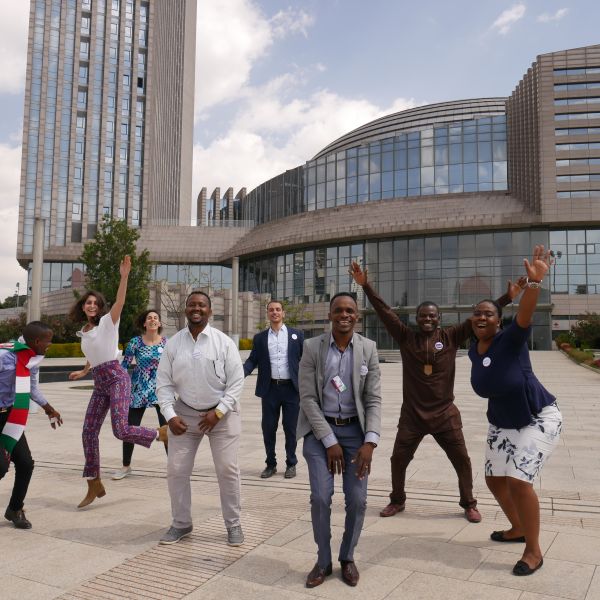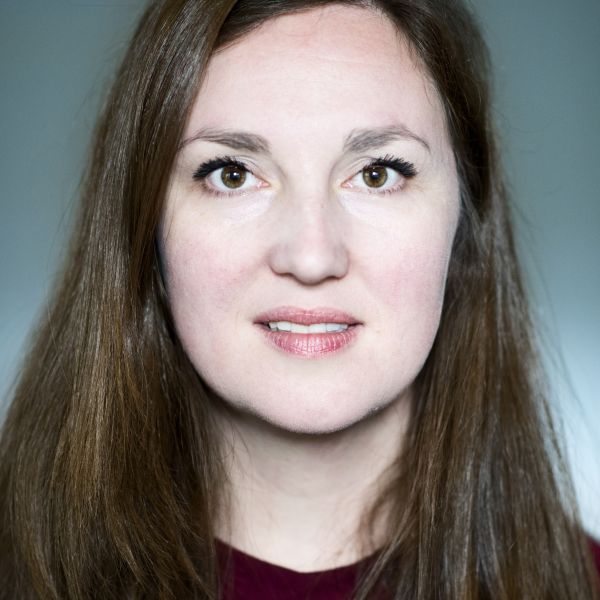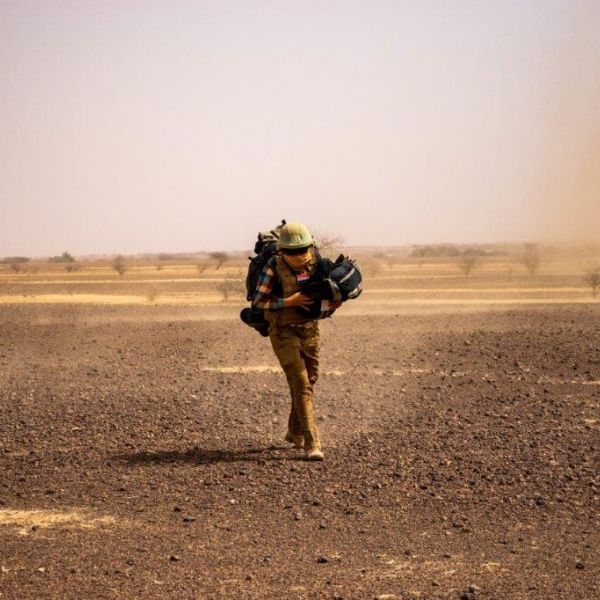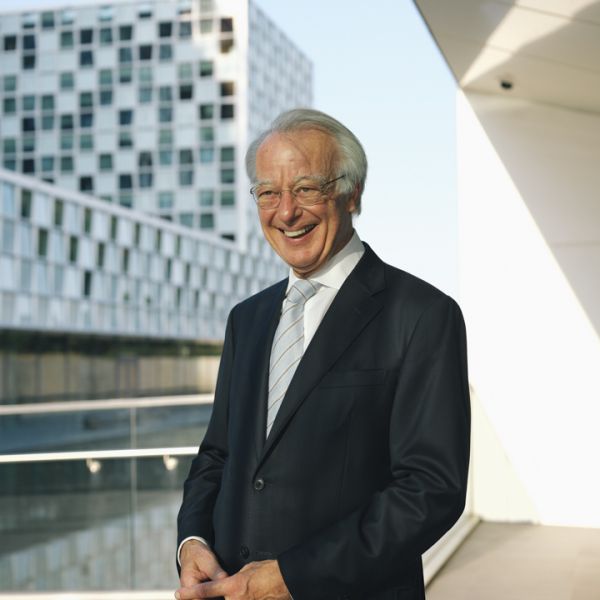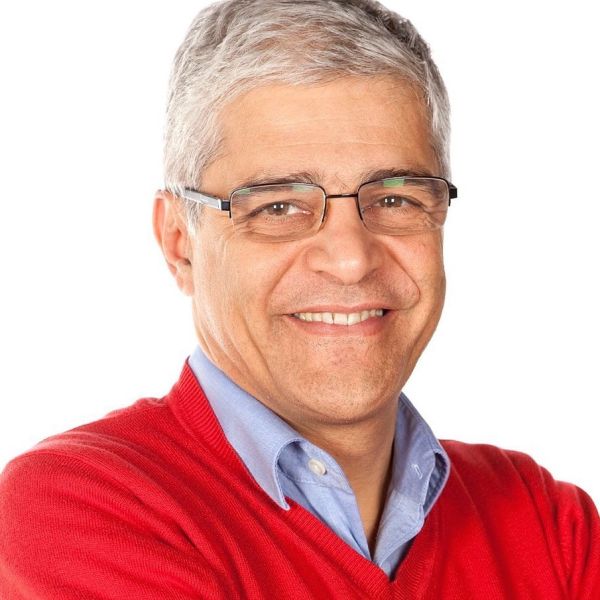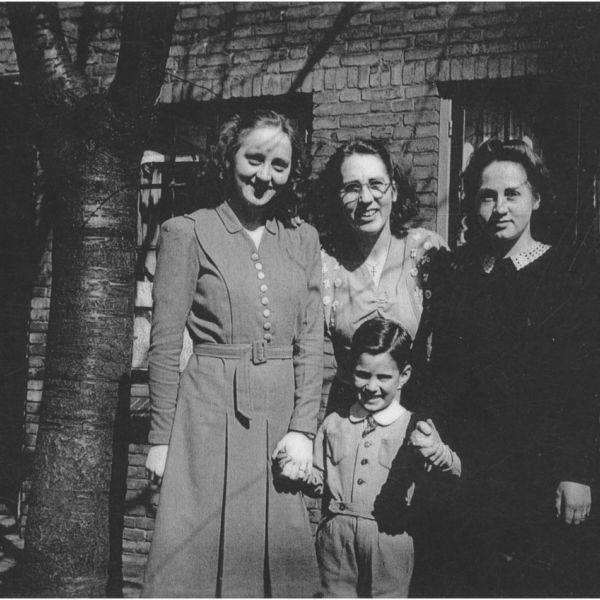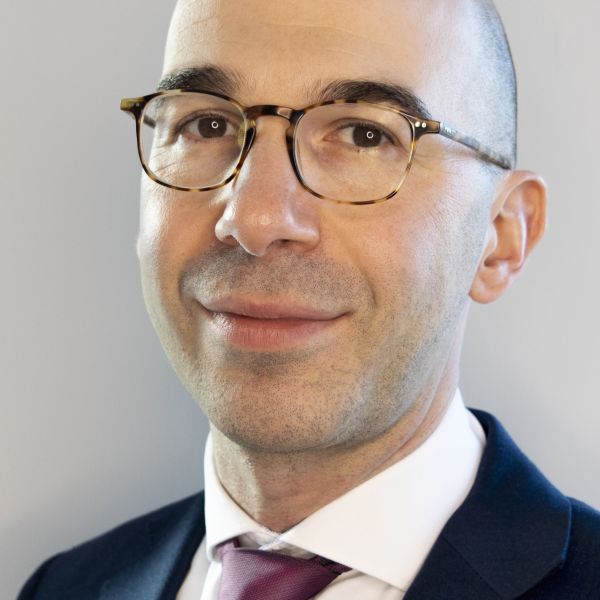75 years UN in 75 stories: Eliot Higgins
Eliot Higgins (1979) is the founder of Bellingcat, a platform for citizen investigative journalism. After Malaysian Airlines flight MH17 was shot down, the United Nations called for a thorough investigation. Bellingcat played an important role in those efforts.
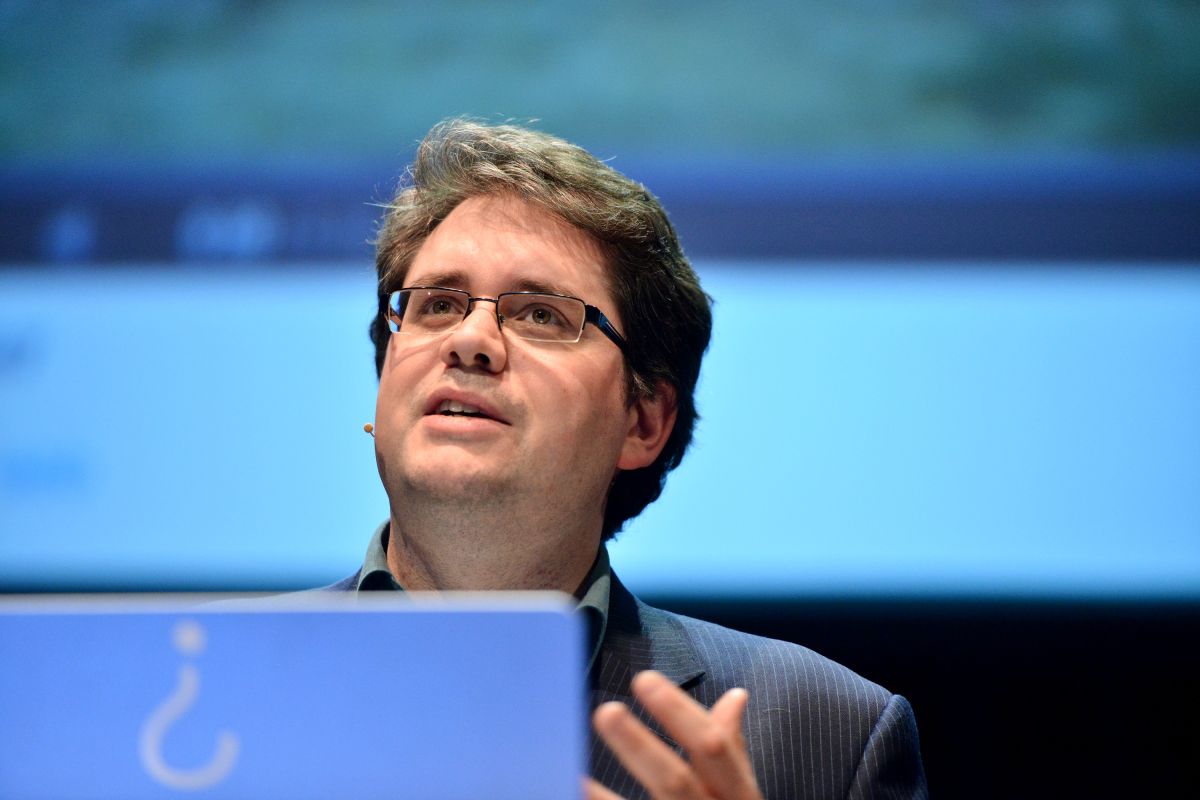
On 17 July 2014, Malaysia Airlines flight MH17 from Amsterdam to Kuala Lumpur was hit by an anti-aircraft missile above eastern Ukraine. All those on board were killed. In the wake of the incident, a fierce discussion arose within the United Nations on the issue of culpability, an investigation into the circumstances and the potential future prosecution of those responsible. It is in exactly this type of international conflict and event that the United Nations can be so important, because escalation can be prevented by seeking a peaceful solution at the diplomatic level.
One way of arriving at a solution is submitting a resolution in the UN Security Council. The Security Council consists of 15 United Nations members, including five permanent members: China, France, Russia, the United States and the United Kingdom. In 2015, Malaysia, one of the countries with the most victims of the MH17 tragedy and a member of the Security Council at the time, submitted a resolution with the goal of instituting an international tribunal to try those responsible. Russia used its veto right as a permanent member to reject this resolution.
Alongside the investigation into MH17, Bellingcat was closely involved in the investigation of war crimes and other humanitarian crises in Syria, working closely with the UN’s International Independent and Impartial Mechanism (IIIM).
“Just like the UN, we are fighting for the truth. We owe that to the people who are putting their lives on the line for us in the fight on the ground.”
“During the war in Syria, many ordinary citizens took photos and videos of what they were experiencing, and posted them online. So around 2013, when reports emerged that opposition forces were being armed by Saudi Arabia, there was a lot of material available for me to go through in search of proof.”
The results of his investigation led to a front-page article in the New York Times. Suddenly Eliot Higgins, who started his investigation all on his own from his kitchen table, was trending. “More and more interested volunteers kept approaching me,” he says from his home in Leicester, England, where he still lives today. “So we got the money to set up Bellingcat through a crowd-funding campagin. We launched on 1 July 2014. Two weeks later, the MH17 was shot down over Ukraine.”
As soon as that news broke, online researchers went to work. “The great thing about citizen journalism is that anyone can get involved. We collect bits of information from all over and put them together like puzzle pieces. That’s the beauty of it.”
“The great thing about citizen journalism is that anyone can get involved.”
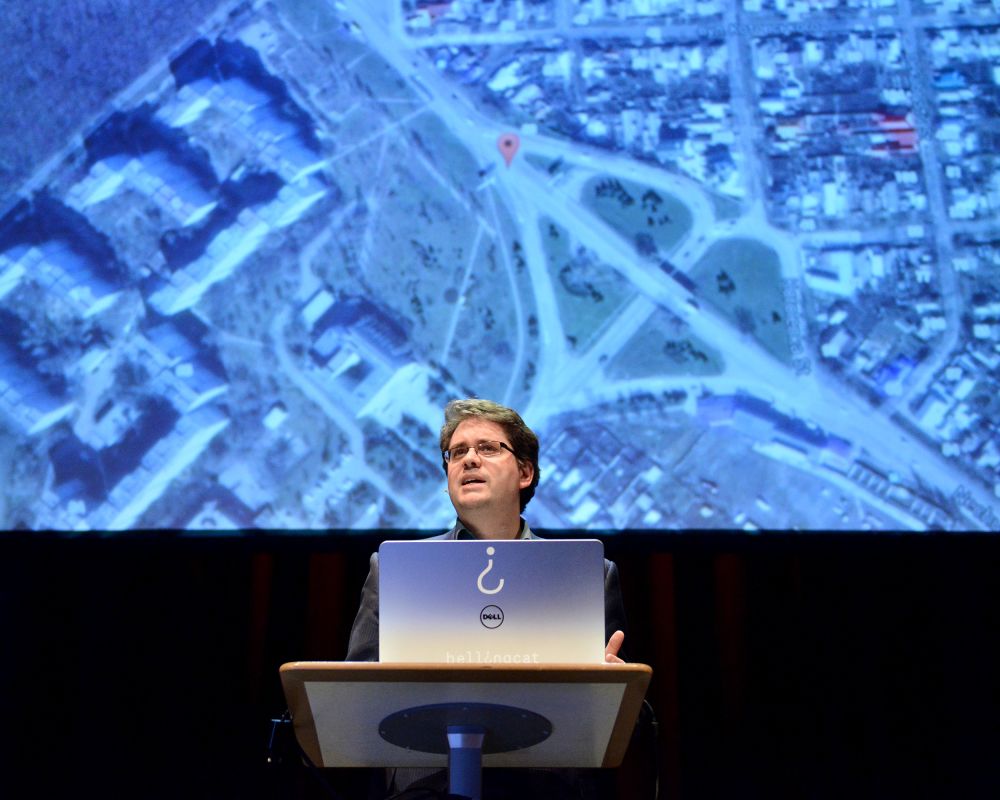
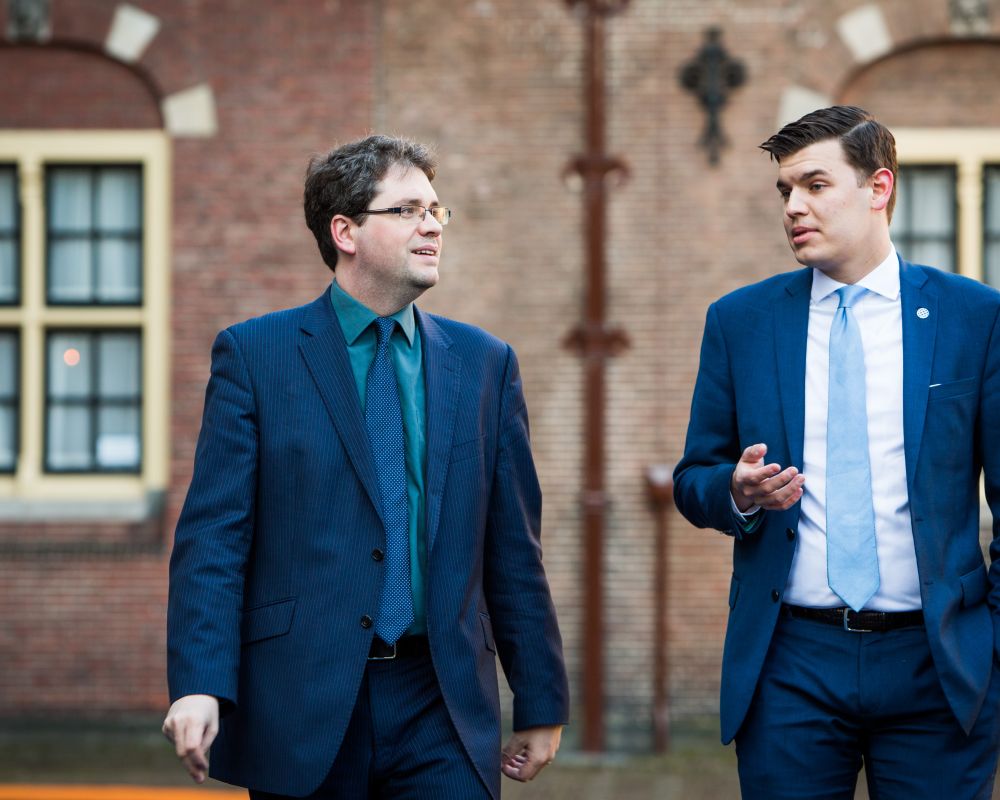
Using images from sources like Google Earth and social media, Bellingcat was able to prove that the Russians had altered the images that they were trying to use to prove that they had nothing to do with the incident. By comparing photos and video, the researchers were also able to derive which specific launching system had been used, what brigade it belonged to and what route it had taken from Ukraine to Russia. Not long after, using voice analysis technology, they were able to identify the principal actors involved in shooting the plane down.
These days, Higgins hardly ever sits at his kitchen table. Bellingcat has grown into an organisation with 18 paid staff, and he himself travels around the world sharing his knowledge and methods with various parties, including the UN. He is increasingly being asked to search for evidence that can be used to try war criminals. “Just like the UN, we are fighting for the truth. We owe that to the people who are putting their lives on the line for us in the fight on the ground.”
Er is slechts één plek op aarde waar bijna alle landen van de wereld met elkaar aan tafel zitten: de Verenigde Naties. De VN richt zich op kwesties die de grenzen van landen overstijgen of zelfs de hele wereld aangaan, zoals vrede en veiligheid, klimaatverandering, onderwijs, gezondheid, cultureel erfgoed, economische ontwikkeling, en meer. Voor velen lijkt het werk van de VN erg abstract, maar door in gesprek te gaan met reddingswerkers, vredeshandhavers, hulpverleners, diplomaten, ooggetuigen, soldaten, en anderen die betrokken zijn bij de VN, wordt duidelijk hoe belangrijk het werk van deze organisatie is. Dit is precies wat het Humanity House heeft gedaan. Helaas heeft deze organisatie zijn deuren moeten sluiten, maar Just Peace en Museon-Omniversum hebben de handen ineengeslagen om hun verhalen te bewaren. Je kunt deze verhalen nu vinden op de website van Just Peace, en een deel ervan is ook opgenomen in een tentoonstelling over de VN in Museon-Omniversum.
The 75 Years of UN Stories were collected and curated by Frederiek Biemans for Humanity House.
